Many birdwatchers enjoy placing bird baths or bird feeders in their backyards or gardens as a way to attract birds. However, there may be times when you may not like where the birds end up and will have to think of ways for the birds to return to the feeders/baths you’ve set up for them. Knowing what smells repel these birds is a good strategy to consider.
In this article, we’ll be going over various smells that, although quite pleasant to us humans, are known to repel birds. These smells are usually quite strong but don’t fret, as there’s no harm to the birds whatsoever.
1. Garlic uses Allicin to Repel Birds
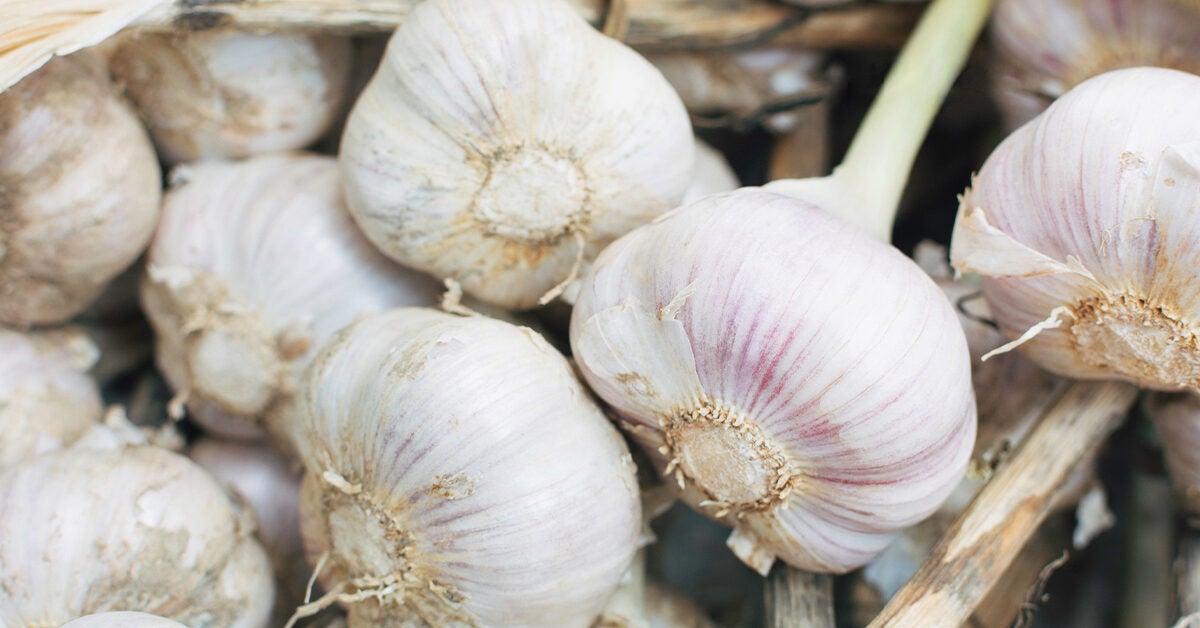
One particular smell that is particularly irritable to both humans and birds is the smell of garlic, or more specifically, the smell of the naturally occurring chemical allicin found in garlic. Knowing this, you can easily make a garlic spray containing allicin to fend off any birds from a specific area.
Making the garlic spray is easy. All that’s required is to crush up some garlic into a fine paste, which you’ll then add to some water to create the result. You can also use vinegar to make the solution even more pungent.
Besides the ability to keep birds away from certain areas, using garlic spray on ripening fruit can also help mask the sweet scent of the fruit and, thus, keep birds away from them. The only downside to using garlic spray is that because the smell will dissipate rather quickly, you’ll have to continuously respray the preferred area to prolong its effectiveness.
You can also use actual garlic cloves for simplicity, but keep in mind that these will rot over time, so make sure to remove them before that happens.
2. Use Peppermint Oil to Create a Spray

Peppermint is another naturally occurring substance that will keep the birds away with its fragrance. Using 100% natural peppermint oil and water, you can create a safe spray for plants while effectively keeping birds away. It can also be used on any material structures that you wish to prevent birds from nesting.
You can follow these instructions to create a safe and effective peppermint oil spray:
Materials:
- Vinegar
- Water
- Lemon oil
- Peppermint oil
- Measuring cup
- Stirring spatula/spoon
- Either a spray bottle or cotton balls
Procedure:
- Measure out ¼ cup of vinegar in the measuring cup
- Add ¼ cup of water to the measuring cup
- Add 7 drops of lemon oil to the measuring cup
- Add 7 drops of peppermint oil to the measuring cup
- Mix the product thoroughly using a spoon or spatula
- Transfer the mixed product to a spray bottle which you can spray in certain areas or
- Dab cotton balls in the mixed product, which you can place in certain areas
3. Cayenne Pepper Affects Both Birds and Humans
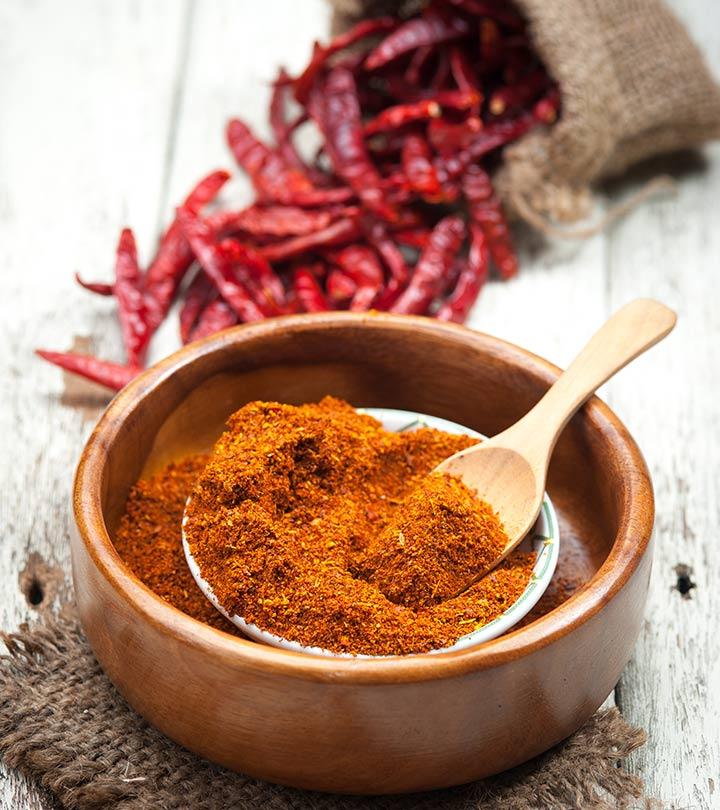
Cayenne is notorious for being an olfactory irritant to most animals, including humans and birds. Though birds don’t mind eating peppers and the active ingredient capsaicin that makes them spicy (due to them leaving the seeds whole), they are deterred by their smell.
As such, just like with the previous examples, you can create a spray using cayenne pepper (such as in a powder form) and water, which you can then spray in areas frequented by birds.
4. Chili Affects Both Birds and Humans
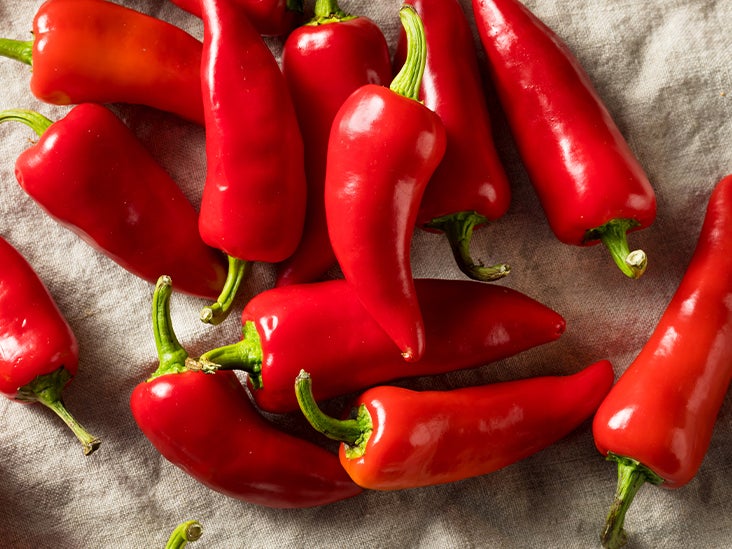
Certain types of chilies can be quite irritating to both humans and birds. As such, you can mix water with several types of chili products, such as chili pepper, chili salt, or chili powder, to create a spray that will deter birds from a specified location. If you wish to make the spray even more pungent, consider using vinegar instead of water when making the product.
Here are some materials and steps you can follow to make an effective chili spray:
Materials:
- 24 chili peppers
- Half a gallon of water
- Apple cider vinegar
- Measuring cup
- Stirring spatula/spoon
- Spray bottle
Procedure:
- Chop up the chili peppers
- Measure out ¼ cup of apple cider vinegar using the measuring cup
- Add the chopped peppers, apple cider vinegar, and half a gallon of water to a container (if the measuring cup isn’t large enough)
- Mix the solution thoroughly using the stirring spatula/spoon
- Transfer the mixed solution to the spray bottle while keeping the remaining solution in the container/measuring cup
Keep in mind that the smell will fade rather quickly, so it’s important to reapply regularly.
If you don’t have the ingredients to make a chili spray, you can try sprinkling some chili powder on the surfaces you wish birds would stay away from.
5. Vinegar Works on Its Own
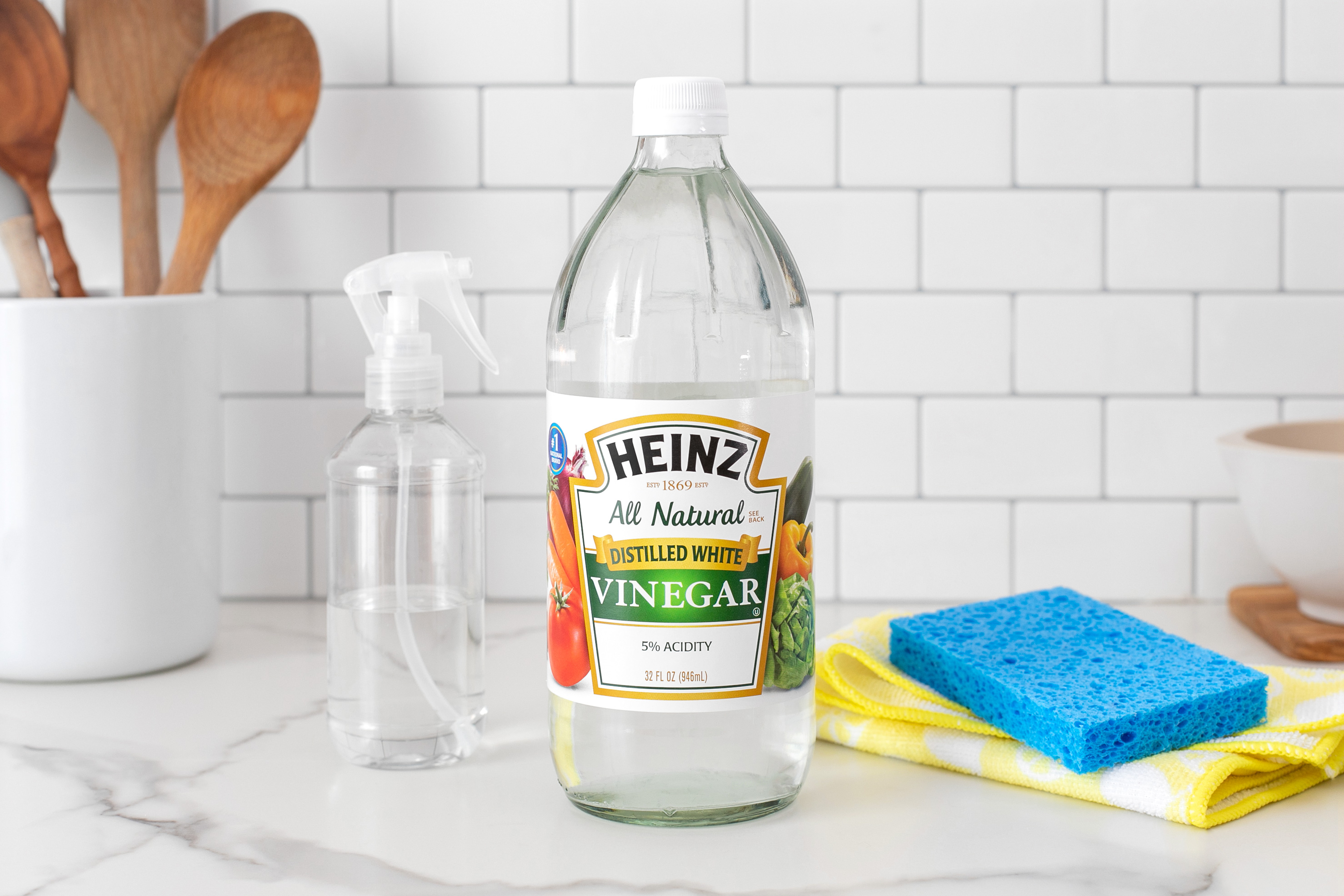
Vinegar has a smell pungent enough to work on its own. Commonly found in households, you can easily pick up a glass of vinegar and pour it into a spray bottle to spray in any areas you wish to keep birds away.
While the fact that you can easily make a spray using only vinegar is a big advantage, there are several disadvantages to using vinegar as well. For one thing, vinegar, on its own, can be quite acidic, especially if you’re using a more concentrated version such as cleaning vinegar, so it’s best not to use them on your plants but instead on household surfaces.
Another thing to consider is that, like several other solutions we’ve discussed, the smell dissipates quite quickly, so you’ll need to reapply the solution regularly.
6. Lemon (and Other Citruses) Can Drive Birds Away

Lemons, as well as other citruses such as limes, contain citric acid that makes them acidic and creates a smell that’s pungent enough to drive birds away. This causes them to quickly fly away if they come into contact with a lemon or lemon juice.
Similar to the other examples we’ve looked at, to effectively drive away birds from localized areas, use either freshly squeezed lemon juice or a mix of lemon essential oils and water to create a spray. You can spray this on any area, including plants, to keep the birds away. Unlike some of the other examples, lemon juice doesn’t need to be reapplied too often.
7. Citronella in Lemongrass can be Fragrant yet Irritating for Birds

Lemongrass contains the naturally occurring compound citronella, which makes the grass both fragrant for humans and irritating for birds. Thus, you’re able to make a spray using a mix of citronella and water to keep birds away from plants and other areas as needed.
Besides the fact that citronella doesn’t need to be reapplied as often as some of the other solutions, it’s also great at repelling insects. Therefore, not only does it not harm your plants, it’ll do additional work by keeping away mosquitoes and flies as well.
8. Bird Gel is an Artificial Product that has Multiple Functionalities
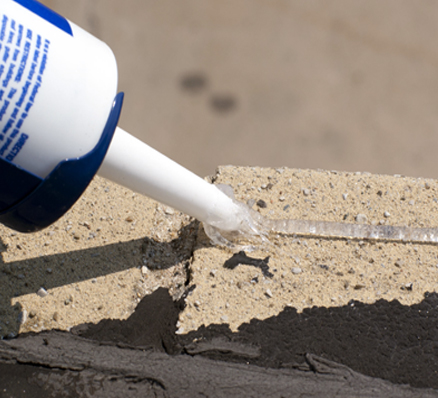
Bird gel is a specialized material that is made specifically to drive off birds. It does this in multiple ways: it releases a peppermint smell that birds find quite irritating, it consists of a sticky substance that birds find annoying to step in, and it emits UV light that birds find annoying to look at.
Therefore, this gel can affect several of the birds’ senses and repel them using different pathways. Though this product may scare the birds due to it feeling like fire, ultimately, it won’t harm them. It also has a long shelf life (approximately 4 years after first use), so you don’t have to worry about replacing it soon.
This product isn’t a natural substance though, so it’s best used on man-made surfaces instead of on plants. It’s also a bit on the pricey side, so you’ll have to determine your priorities before purchasing bird gel.
9. Other Professional Products Can Act as a Last Resort

If you want products that are specifically designed to deter birds, such as bird gels, you can consider using other professional products that target several of the birds’ senses to drive them away.
Similar to bird gels, these products are usually more expensive than the natural products we’ve looked at but usually last much longer and are more effective.
An example of this is the Bondie Repel-All Spray, which is both biodegradable and its effectiveness in a certain area can last up to 2 months.
Conclusion
Remember that the scents we’ve gone over in this article only irritate the birds and won’t do any harm to them. Now, you’re ready to go out and apply these scents to any area that you wish to keep birds away from without the worry of harming anyone.
Related articles:
How To Scare Away Hawks? (10 Effective Ways)

